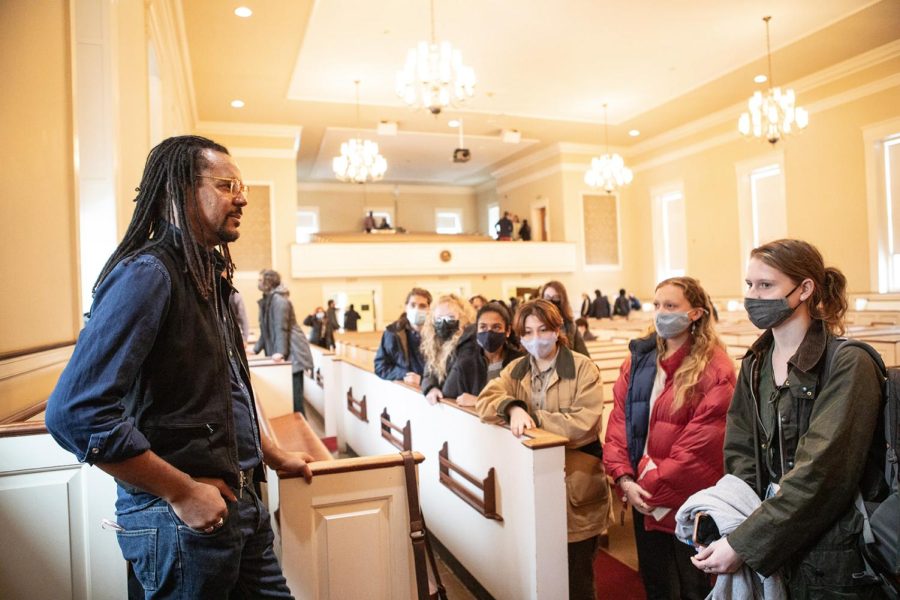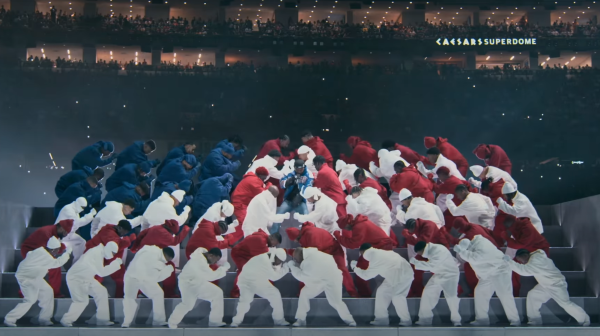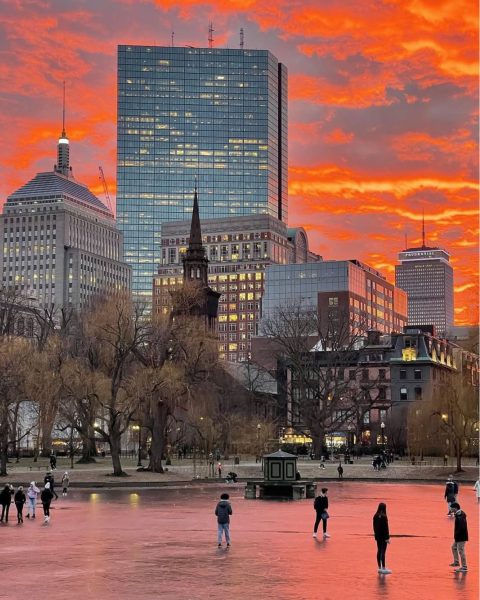Celebrated Author Colson Whitehead Visits Campus
Williston had the immense honor of hosting one of the most accomplished and awarded authors of our time: Colson Whitehead.
Whitehead is the first writer to win a Pulitzer price for two consecutive books: “The Underground Railroad” and “The Nickel Boys.” He is widely known for fighting social injustice across a range of genres. Publishing his first novel “The Intuitionist” in 1999, Whitehead is the author of 10 books, several of which have been New York Times best-sellers. Whitehead, whose most recent novel, “Harlem Shuffle,” was released this fall, has won many awards, including the National Book Award, a Guggenheim Fellowship, a MacArthur Genius Grant, the Carnegie Medal for Fiction, and the 2020 Library of Congress Prize for American Fiction. His writing has appeared in several publications such as The New Yorker, The New York Times, and others. He was named New York State Author in 2018.
Since the start of classes, students from all grade levels have been assigned the same task: tackling the harsh reality portrayed in Whitehead’s 2019 novel, “The Nickel Boys.” Whitehead visited Williston on Dec. 10, where he spoke at an all-school assembly and visited several English classes.
First published in 2019, “The Nickel Boys” shines light over the atrocities that took place at Florida’s state-run Dozier School until 2011. The institution was built with the idea of educating young boys. After a group of archeology students from the University of South Florida dug up the remains of 80 students showing marks of torture, rape, and mutilation, documented in a Tampa Bay Times article, Whitehead stumbled upon the idea for his next story. The novel was named one of the best books of the decade, and was awarded the Pulitzer and Kirkus prizes, and the Orwell Prize for Political Fiction.
Belén Degener, a senior from Southampton, Mass., expressed the profound understanding students reached by identifying commonalities between themselves and those students at Nickel Academy.
“I think that people were able to resonate with it a lot because it relates with bigger themes within our country,” she said. “People can relate to it because it is about a school specifically, and more our age group.”
“The Nickel Boys” was praised by Parul Sehgal, New York Times book critic.
“Whitehead has written novels of horror and apocalypse; nothing touches the grimness of the real stories he conveys here,” Sehgal wrote in 2019.
Addressing the whole Williston community, Whitehead shared the main reason for the mirroring of particularly overwhelming themes in society throughout the novel.
“The world is very large … If I felt a certain way, there must be another person … who feels the same way,” he said. “If there’s one other person, then there must be ten or a dozen or a hundred. If I could find the right words, I could maybe make people outside see what I’m thinking.”
Pippa Berry, a junior day student from Longmeadow, Mass., shared her own experience as she battled with the complexity of the themes the novel exposes.
“I enjoyed ‘The Nickel Boys,’ though at times it was difficult to get through the darker subject matter,” she said.
However, she believes the author’s visit “allowed students to engage with the book at a deeper level.”
Pierceson Squires, a first-year junior from Wilmington, N.C., was amazed by the contrasting impression the book and its writer had.
“His presentation gave a fun spin of a dark topic,” she said. “His lightheartedness was shocking considering the darkness of the book.”
In addition to his presentation in assembly, Whitehead visited several classes, including AP English Literature, and 9th and 10th grade English classes. Students were able to interact with Whitehead on a more personal level, asking questions and engaging in conversation regarding writing and the significance of his novels.
Belén shared that Whitehead’s visit “was really inspiring” since she had “never been able to be that close to a writer before and get to ask him specific questions about his process.” This allowed Belén to “see what it would be like to do writing as a profession, which would be something I am definitely interested in for the future.”
The author’s visit “Further set in stone the importance of his writing,” according to Charlotte Carr, a junior from Hingham, Mass.
Sarah Levine, AP and Middle School English teacher, believes the author’s visit had a broad-reaching impact on the Williston community.
“I loved the excitement and engagement throughout campus,” she said. “His visit cultivated an ongoing curiosity about literature and its ability to make us think, feel, and question who we are and who we want to become.”











